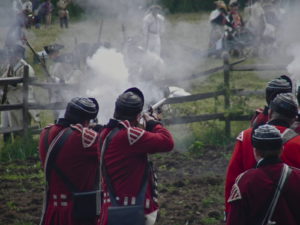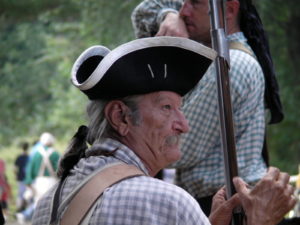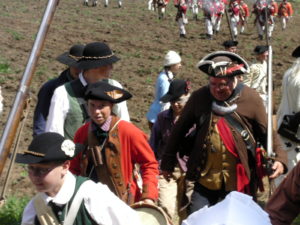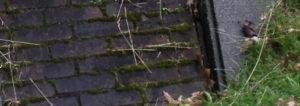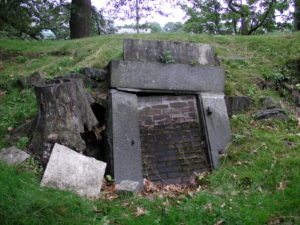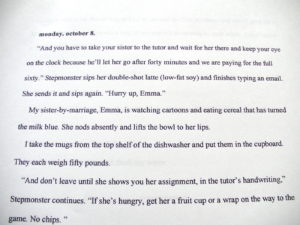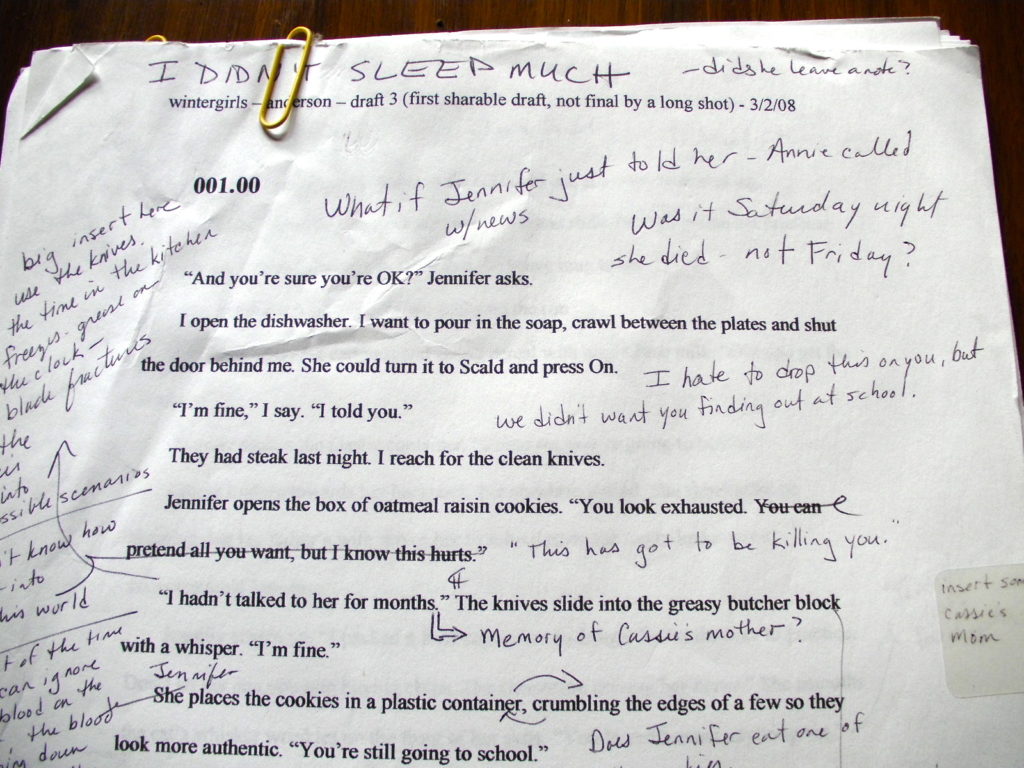I spent the weekend in a haze of gunpowder and sunscreen, visiting the largest American Revolution reenactment in New England at Old Sturbridge Village in Sturbridge, Massachusetts.
I visited this reenactment a couple of years ago when I was scouting out scenes for FORGE. In some ways, writing historical fiction might be easier than writing contemporary fiction. OK, not easier, exactly. Definitely more time consuming. And more maddening.
But you can make no assumptions when writing historical fiction; no assumptions about, say, how people pulled on their socks, or when they ate their breakfast, or how they greeted old friends.
In an early draft I’ll sketch a scene like “Curzon is seen by Trumbull. Tries to run. Is caught. Confrontation. Officer intervenes. Enlistment scene.” At first I picture this in a modern context. Once I have the actions and motivations of my characters, I do the primary source research that will enable me to write the scene in a manner that is as historically accurate as possible.
Visiting reenactments helps, but is not the key to all my problems. Because I can’t assume that the reenactors are getting it right. (If you allow other people to do your research, I can guarantee you’ll get burned.) But watching the reenactors has helped spark my imagination and set me on the path to some great scenes.
Ready…
Here is a poem for you, written by Emily Dickinson. Read it out loud a couple of times.
"Luck is not chance -- It's Toil -- Fortune's expensive smile Is earned -- The Father of the Mine Is that old-fashioned Coin We spurned --"
Set… turn off the phone, step away from the internet, and the tell the world you’ll be back in fifteen minutes. Or an hour.
Today’s prompt: Think of a scene or a story that you want to write, but that requires a lot of research. Jot down the central idea in a sentance or two. (If you can’t think of anything off the top of your head, consult the list you made yesterday.)
If you had all of the time and the money that you needed, how would you research this story? Be as detailed and specific as you can.
Bonus prompt: When your fifteen minutes is up, hop on the internet and see if you can find affordable and time-reasonable alternatives to your research ideas. For example, you may not be able to spend a week hiking in the Abruzzo region of Italy, but you can track down people who lived there, seek out Italian documentaries, contact photographers who have been there. I find that if I write a rough draft of a scene, then write the specific questions I need answered (What was the procedure for enlisting Continental soldiers in the fall of 1777? What was the promised pay? Term of enlistment? What evidence is there that these rules were broken? Where can I find actual enlistment documents? Who has studied enlistments in the period surrounding the Battles of Saratoga?) it motivates me to actually do the research. And then I can write.
Scribble… Scribble… Scribble!!!

